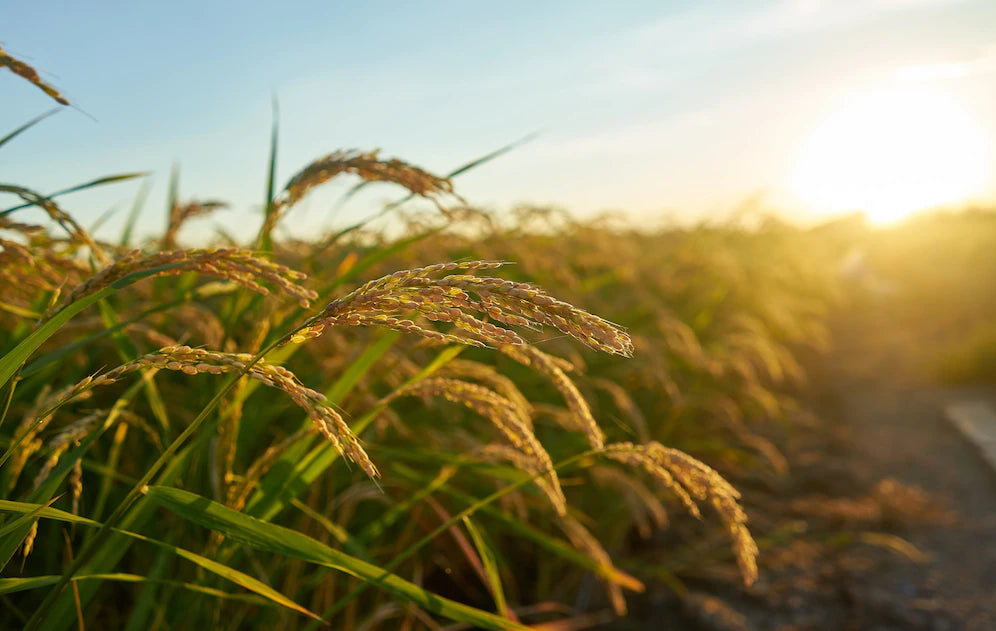Today, conventional farming emits several greenhouse gasses in the air. The treatment of farmlands is crucial in reversing global warming and ensuring the food security of the ever-growing human population.
In this case, regenerative farming poses itself as a powerful and necessary tool to fight climate change and save ourselves and the planet.
So, what is regenerative farming?
Regenerative farming is built upon the philosophy of finding harmony in organic nature. It requires an understanding that multiple threads connect to create the fine tapestry of crops that feed us. Farming techniques, animal welfare, tools, farmers, and weather and nutrition factors come together and must be nurtured to produce the best quality food. Additionally, the soil on the farmlands is a limited resource. With wanton use, its quality depletes and must be replenished if the land is to be preserved.
Regenerative farming is not a singular action, but involves many farming practices, including the use of organic fertilizers, crop rotations, silviculture, and other techniques to revitalize the soil quality. It encourages the welfare of farm animals and a proactive effort by farmers to sow crops and use tools that are eco and environment friendly.
In not using chemicals in the soil, planting seasonal crops, allowing fallow periods for the soil to rejuvenate, organic farming is a step towards more regenerative farming practices. Further, in buying organic products, we as consumers, pave the path for a healthier and safer future for our progeny. One must make the responsible and conscious choice by working with farmers who invest their time and resources in uplifting the quality of their yields as well as the wellbeing of the planet.
Regenerative farming has many benefits. Some of them are as follows:-
Crop Quality
The techniques of using natural compost and organic fertilizers have been known to improve soil fertility and quality. The rotation of crops also allows for the soil to replenish its nutrients and thus be better prepared for another batch of crops.
Carbon Sequestering
Regenerative farming is one of the most effective methods of sequestering excess carbon and restoring the organic carbon into the soil and microorganisms, thus providing more nutrition for the plants, and positively impacting the environment as well.
Biodiversity Boom
The use of natural and chemical free fertilizers and pesticides encourages the birth of multitudes of earth-friendly organisms that boost the soil quality and help the carbon sequestering process.
Food Security
Apart from the multiple benefits for the planet, regenerative farming contributes towards food security for the people and towards economic stability for local farmers. With farmlands being taken care of, they can be preserved for generations with improved nutrition and sufficient provisions for all.

Thus, in choosing regenerative farming practices, farmers and consumers can come together in supporting each other towards building a healthier and safer planet and diet. At Conscious Food, with trusted farmers who are internationally certified and diligently work towards the wellbeing of the soil and planet, you can be assured of the quality of the food and our sincerity of the efforts to help the planet.






